The Advisory Board, composed of experts who act in their individual capacity, provides guidance on strategy and monitors the Executive Board’s compliance with the project guidelines and principles.
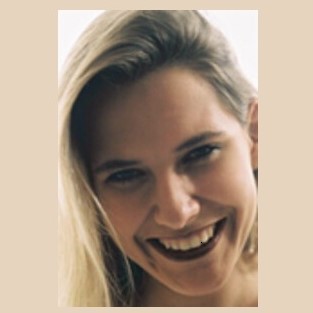
Dr. Maren Beaufort
Maren Beaufort is a Communication Scientist (Phd, University of Hamburg) at the Institute for Comparative Media and Communication Studies (CMC) of the Austrian Academy of Sciences (ÖAW) and the University of Klagenfurt and most recently a Research Associate at the European University Institute (EUI). She also takes part in the EU Media Pluralism Monitor (MPM) since 2016 and in the Horizon Europe project “Mapping Media for Future Democracies” since 2023. Her research focuses on political communication, transforming communication spaces online and offline, democratic information performance and disinformation, usage behaviour and information literacy, as well as on the consequences for public opinion formation, action and responsibility. She has special expertise in research on (digital) media in democratic systems.
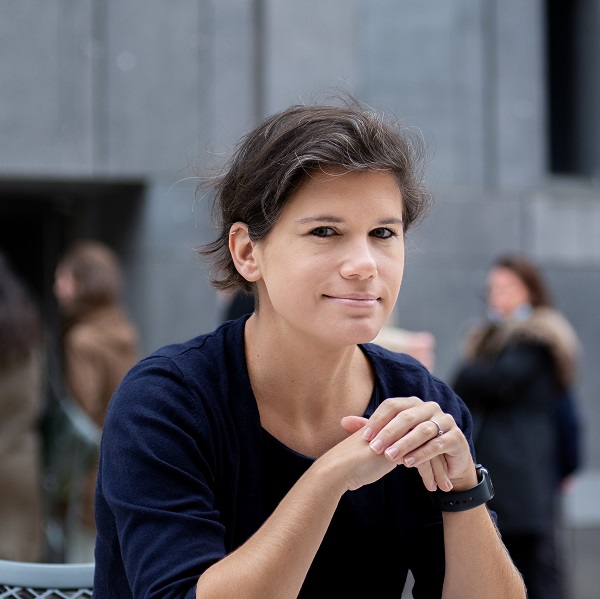
Ingrid Brodnig
Ingrid Brodnig is an Austrian author and digital expert. In 2021 she published her fifth book „Einspruch!“ (English translation: Objection) about misinformation and conspiracy theories and how to counter them. Her books focus on issues such as disinformation and hate speech on social media. She works as a columnist for the Austrian news magazine Profil and has received several awards, e.g. the Bruno Kreisky Sonderpreis for political books and the EU Young Journalist Award. Her current work focuses on public debate online and how digital platforms are shaping it.
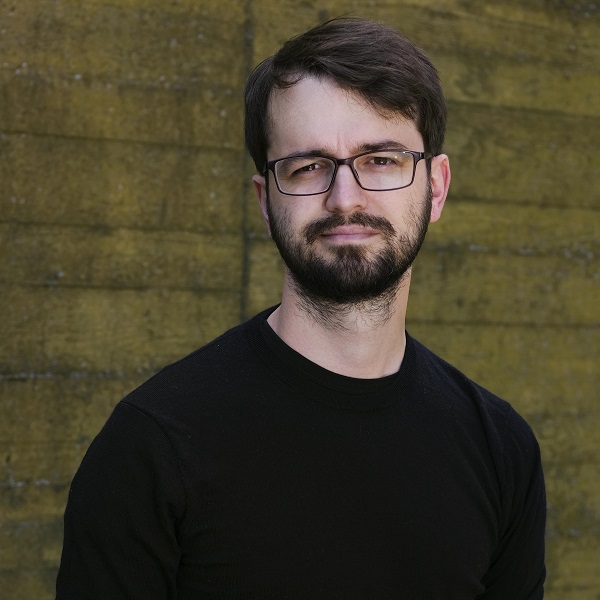
Josef Holnburger
Josef Holnburger is the Managing Director (together with Pia Lamberty) of CeMAS and works as a political data scientist at the interface between political and computer science. He focuses on the collection and analysis of data from numerous digital platforms using the latest computer-based methods. For years, he has been researching the spread of conspiracy narratives, disinformation, antisemitism, and right-wing extremism, especially on alternative platforms such as Telegram. He primarily investigates radicalization trends and pathways. Thanks to his extensive experience in the area of conspiracy ideology, he is able to publish real-time assessments of the potential dangers, developments, and spreading of the extremist scene.

Dr. Meike Isenberg
Meike Isenberg heads the ‘Intermediaries and Research’ group in the Media Policy and Innovation Department of the Media Authority of North Rhine-Westphalia (LFM NRW) since 2025. The group coordinates activities to combat disinformation and analyse the functioning of intermediaries at a technical and legal level. Under her leadership, research activities are also carried out on topics such as technical manipulation, online hate speech, youth protection and radicalisation. Previously, Meike Isenberg was responsible for media policy and research at the LFM NRW and headed the monitoring of the EU Code of Practice on Disinformation, the results of which were incorporated into the revision of the Code in 2022 and the European Commission's assessment of the fight against disinformation. The Media Authority of North Rhine-Westphalia is legally mandated to supervise internet and broadcasting services and is thus responsible for ensuring compliance with four key protective interests: the protection of human dignity, young people, users, and the plurality of media.
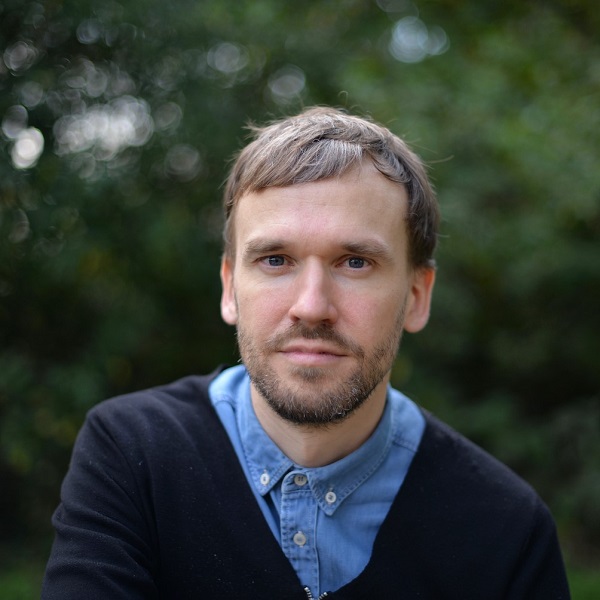
Prof. Dr. Cornelius Puschmann
Cornelius Puschmann is Professor of Communication and Media Studies with a focus on Digital Communication at ZeMKI, Centre for Media, Communication and Information Sciences. In 2012, Cornelius was awarded a four-year personal grant from the Deutsche Forschungsgemeinschaft (DFG) for the project „Networking, visibility, information: a study of digital genres of scholarly communication and the motives of their users“ at the Berlin School of Library and Information Science (BSLIS). From 2015 to 2016 he also served as visiting professor of digital communication at Zeppelin University in Friedrichshafen. From March to October 2016 served as a project leader at the Alexander von Humboldt Institute for Internet and Society (HIIG) in Berlin as part of the project “Networks of Outrage”, funded by the VolkswagenStiftung under its data journalism funding scheme. From 2016 to 2019 he was a senior researcher and coordinator of the postdoc research group Algorithmed Public Spheres (APS) at the Leibniz Institute for Media Research | Hans Bredow Institute in Hamburg. Cornelius has been a visiting fellow at the University of Oxford’s Oxford Internet Institute, a faculty associate at Harvard University’s Berkman Klein Center for Internet and Society, and a visiting assistant professor at the University of Amsterdam’s Department of Media Studies.

Stefan Rauschenberger
Stefan Rauschenberger heads the Legal Media Department of Rundfunk und Telekom Regulierungs-GmbH (RTR-GmbH) in Vienna since 2012. He has been employed there since 2007, where he was primarily involved in the introduction of digital broadcasting. For many years, he was a member of the Advisory Board for Consumer Protection Authority Cooperation and regularly represents the Austrian regulatory authority at international conferences. In addition to general issues of broadcasting law, his main areas of work include platform law and the topic area of media literacy. Since 2019, he has regularly lectured at the University of Vienna. After completing his law degree, Rauschenberger initially worked as a trainee lawyer for around four years.
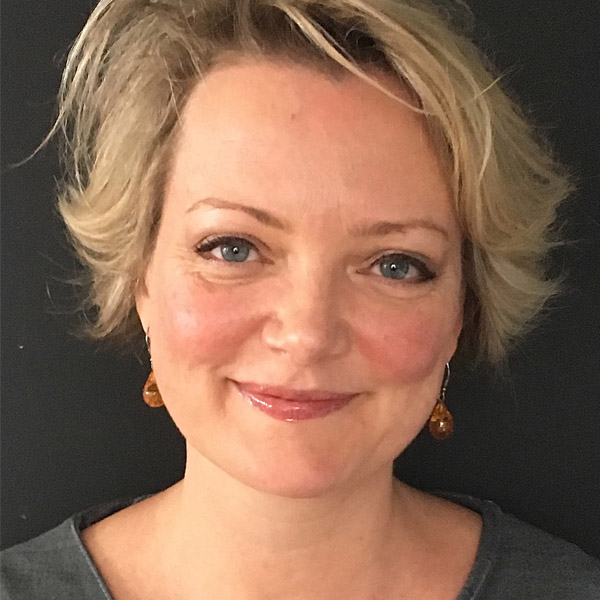
Juliane von Reppert-Bismarck
Juliane von Reppert-Bismarck is the Executive Director and founder of Lie Detectors, an award-winning and journalist-led news-literacy organisation raising awareness of disinformation and media bias among schoolchildren and teachers. She directs Lie Detectors’ development and strategy and designed its concept and training approach. Juliane advises national and international institutions on anti-radicalisation and literacy in an age of media pluralism, including within the European Commission’s High Level Expert Group on Digital Disinformation and Fake News and Expert Group on Tackling Disinformation and Promoting Digital Literacy through Education and Training on behalf of Lie Detectors. To create Lie Detectors, Juliane put aside an award-winning journalism career, during which she wrote for The Wall Street Journal, Newsweek, Reuters, MLex and Spiegel Online among others, reporting from Europe and the US as well as from sub-Saharan Africa, the Middle East and Arctic. She is an alumna of New York City’s Columbia University Graduate School of Journalism and the University of Edinburgh and speaks German, English, Spanish and French.

Jochen Spangenberg
Jochen Spangenberg is Deputy Head of Research and Cooperation Projects at Germany's international public service media organisation Deutsche Welle. The topical focus of his work over the past decade has been on research dealing with social newsgathering, disinformation analysis and verification of digital content, and relating all this to news reporting. Jochen also lectures at the Free University Berlin in Media & Communication Sciences, is an active supporter of Lie Detectors, an NGO that brings media literacy into classrooms, sits on the Advisory Board of EDMO and is Chairman of the CEDMO Advisory Board. He is the author of the book The BBC in Transition and a number of articles, papers and book chapters.
